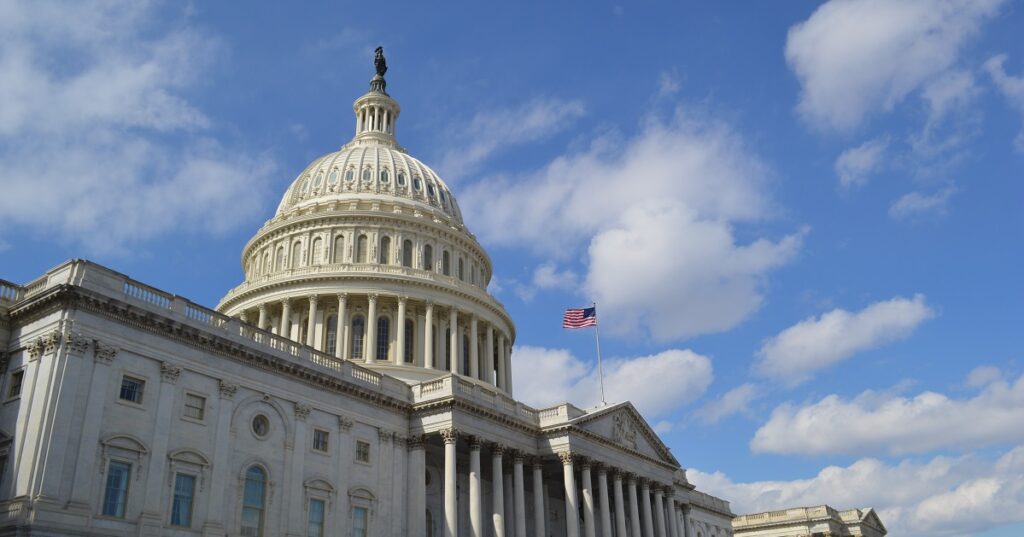
Small businesses depend on credit unions as a positive source of capital but changes expanding the Small Business Administration’s (SBA) loan programs could jeopardize that availability while also increasing fraud and losses. In a letter to the House Small Business Committee, America’s Credit Unions President/CEO Jim Nussle urged committee members to ensure continued strong oversight of the SBA.
The letter was delivered in advance of SBA Administrator Isabella Casillas Guzman’s appearance in the committee’s Wednesday hearing.
“We believe that the SBA should not function as a direct lender, but instead continue to guarantee the repayment of loans made by a lender such as a credit union. SBA’s lending programs, such as the 7(a) Loan Program, allow small businesses to work with local lenders or other lenders of a business’s choice throughout the loan process,” Nussle wrote. “This public-private partnership works as borrowers can obtain loans from financial institutions that they know well and that have vested interests in their borrowers’ success.”
Nussle added America’s Credit Unions is particularly concerned with a recent SBA proposal to expand the 7(a) program to fintechs and other non-traditional lenders.
“With a greater reliance on fintech lenders, SBA lending programs will be at increased risk of fraud, credit losses, and reputational risk,” he wrote. “This could have serious consequences for the long-term health of SBA’s flagship 7(a) program. Credit unions and other traditional lenders are placed at a competitive disadvantage under this new system. We urge the Committee to continue to exercise its authority in this area and to continue to work to try to find legislative solutions if necessary.”


